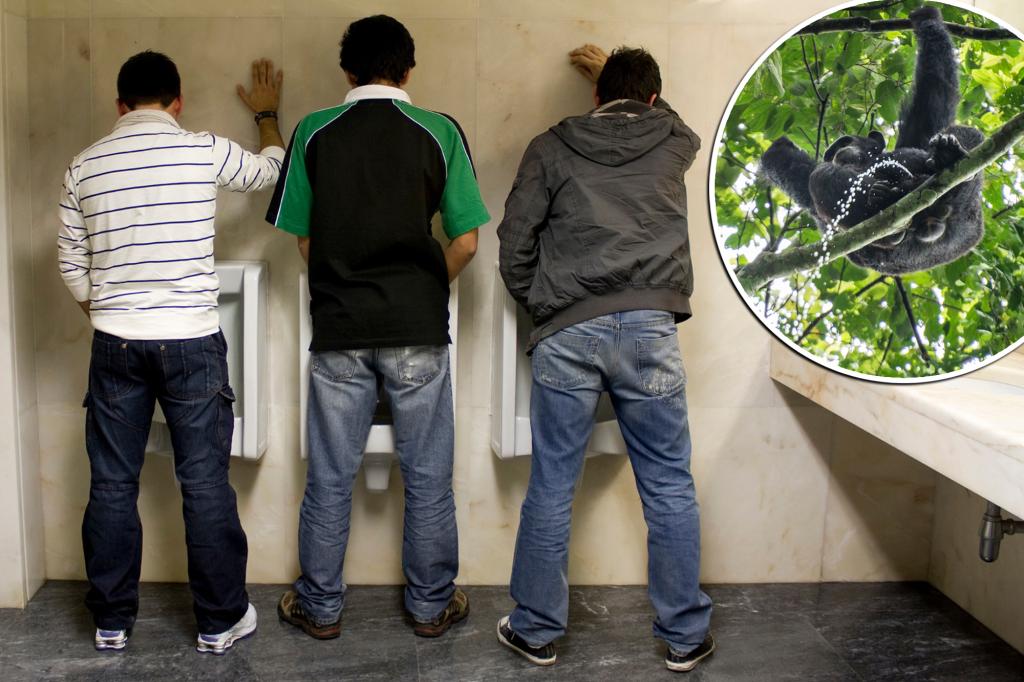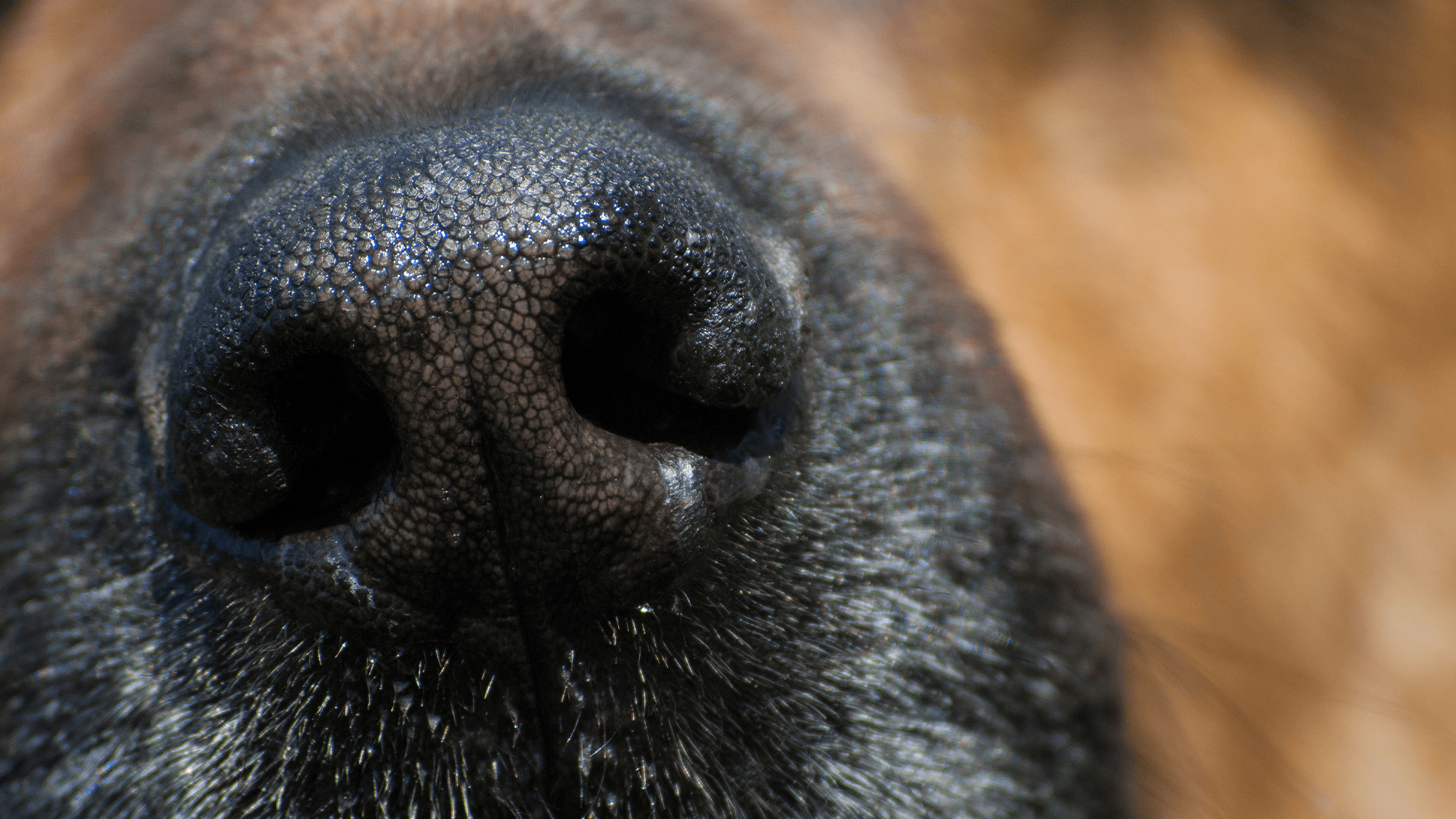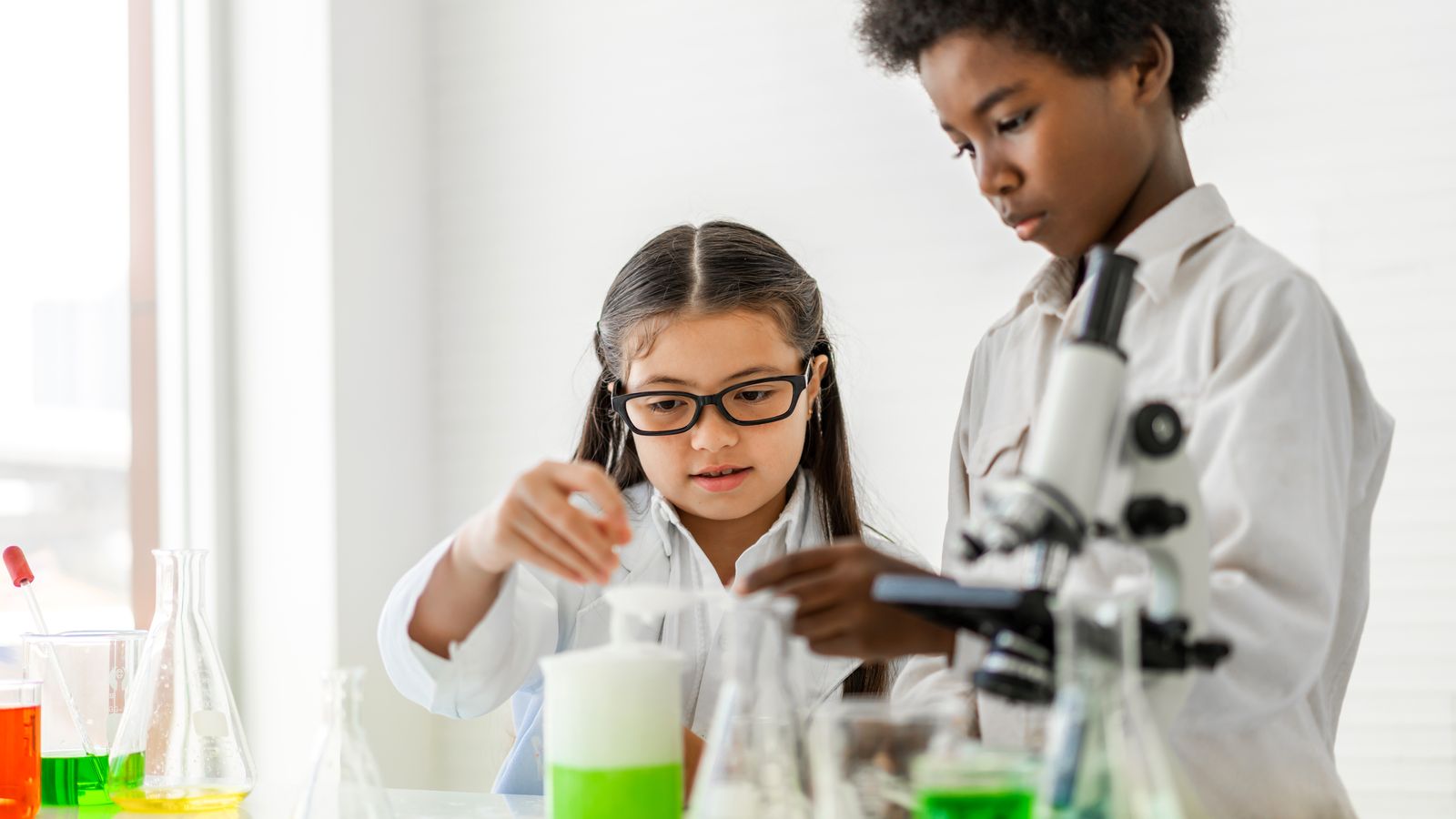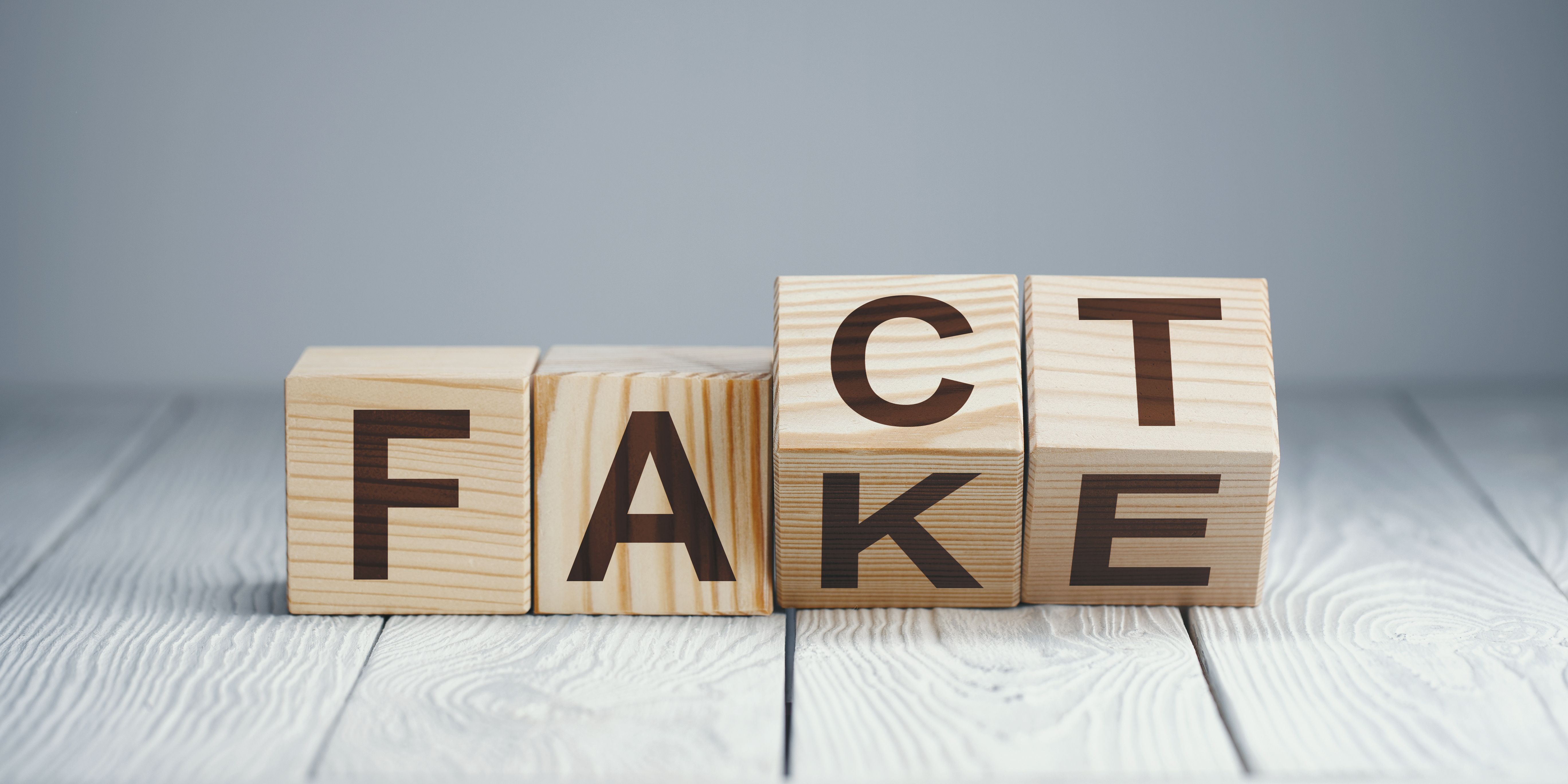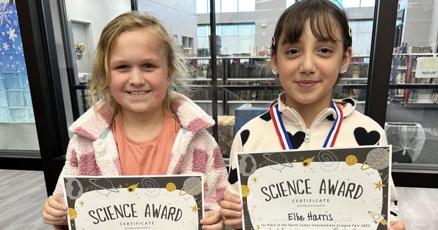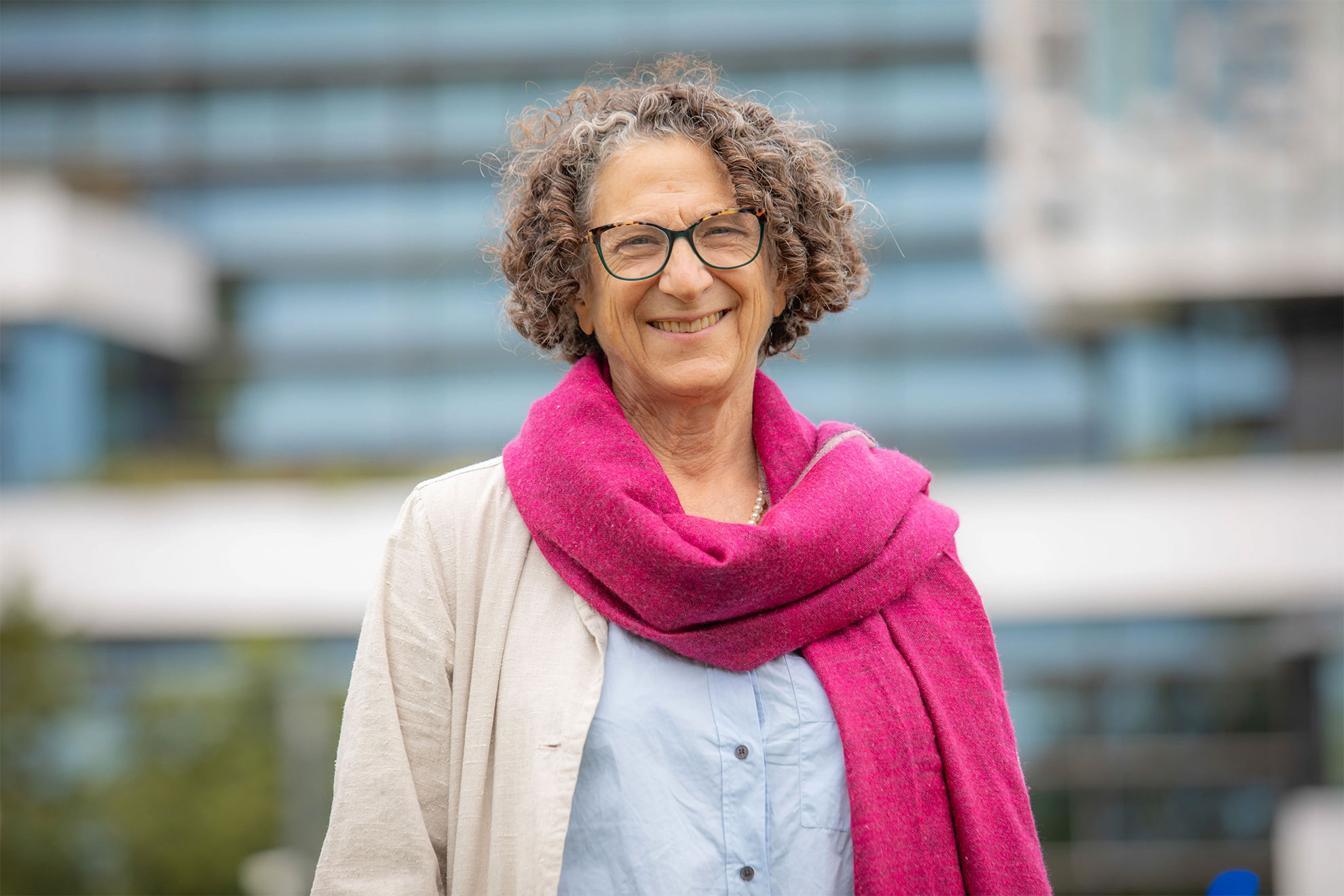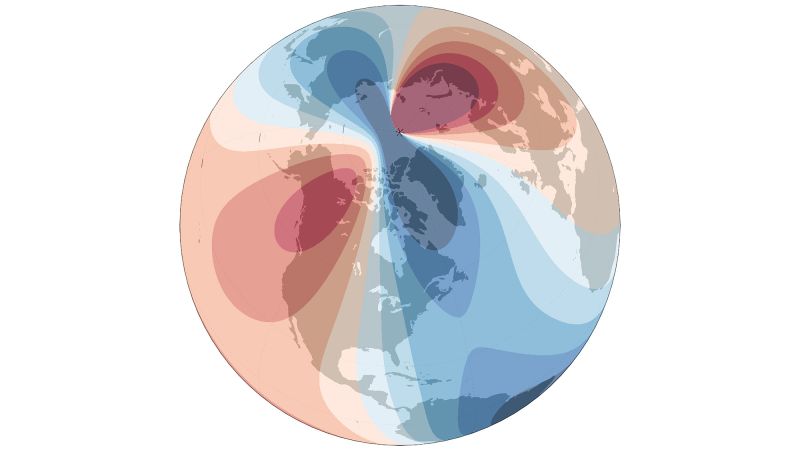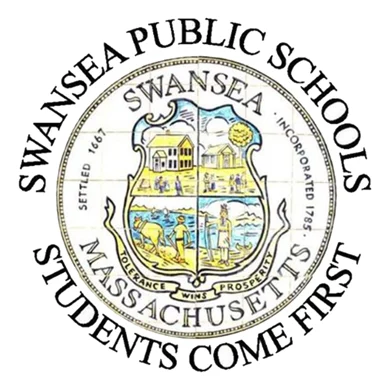.jpg)
Breaking Boundaries: Data Science Leader Unveils Bold Vision for Cross-Disciplinary Innovation
Old Dominion University Appoints Pioneering Leader for Innovative Data Science Institute Dr. Khan Iftekharuddin has been selected as the founding director of the university's groundbreaking Virginia Beach Data Science Institute, marking a significant milestone in the institution's commitment to cutting-edge research and community problem-solving. Launched in November 2023, the institute represents a dynamic hub of interdisciplinary collaboration, strategically designed to tackle complex societal challenges facing the Hampton Roads region. By bringing together experts from diverse fields, the institute aims to leverage data science as a powerful tool for generating innovative solutions and driving meaningful community impact. As the inaugural director, Dr. Iftekharuddin will lead the institute's efforts to bridge academic research with real-world applications, fostering a collaborative environment that encourages cross-disciplinary exploration and transformative insights. The institute's establishment underscores Old Dominion University's commitment to advancing technological innovation and addressing critical regional needs through data-driven approaches.


